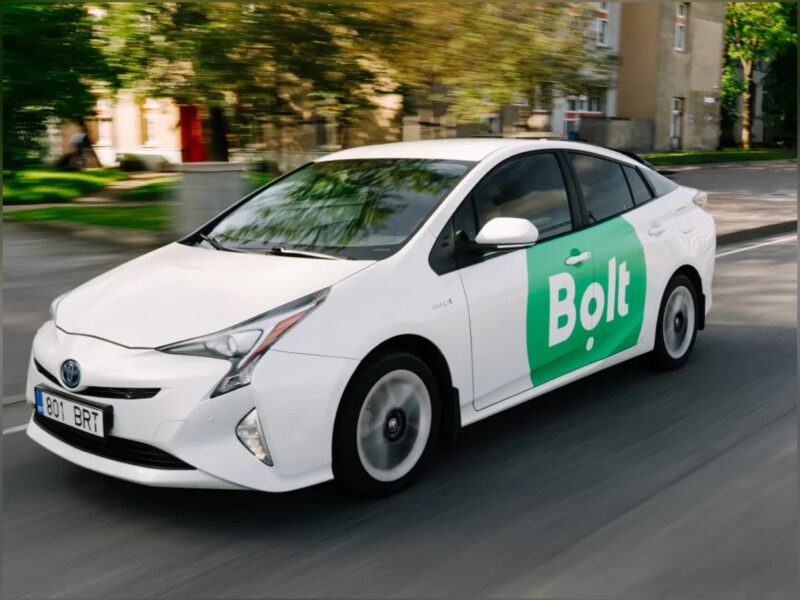Bolt operates in over 50 countries and serves more than 200 million customers globally. Among its notable investors are Fidelity Investments, Sequoia Capital, and Whale Rock Capital Management.
Dubai – Mobility technology firm Bolt, which boasts a strong foothold in Nigeria, has announced that it has successfully raised more than $1.5 billion from prominent investors throughout the last decade to enhance its global e-hailing services. The announcement was made by Markus Villig, Bolt’s 31-year-old CEO and founder, during a discussion at the GITEX Global event in Dubai, United Arab Emirates.
Villig, recognized by Forbes as one of Europe’s youngest billionaires, explained how Bolt has transformed from its inception in 2013 as Taxify into one of the largest mobility platforms worldwide. Currently, the company operates in over 50 countries and serves more than 200 million customers globally. Among its notable investors are Fidelity Investments, Sequoia Capital, and Whale Rock Capital Management.
“We’ve raised over $1.5 billion from some of the top investors globally. Operating in more than 50 countries with over 200 million users makes Bolt one of the largest digital enterprises in the world,” Villig mentioned.
In an exciting announcement, Bolt will soon venture into the UAE market through a partnership with Fly Taxi, the region’s largest fleet operator, which manages over 6,000 vehicles. Villig stated, “By collaborating with them and merging our technology and extensive reach with their local knowledge, we believe we can establish a leading e-hailing solution in the market over the next few years.”
Since its launch, Bolt has diversified its offerings to include ride-hailing, shared mobility, scooters, and food delivery services. The company commenced its African operations in South Africa in 2016 and has since extended its reach to various countries in the continent, including Nigeria, Kenya, and Ghana. In 2023, Bolt reported that customers in Nigeria have collectively taken over 250 million rides since the company began its operations there.
In Nigeria, Bolt is in fierce competition with Uber, the e-hailing market leader, along with newer players like inDrive. When addressing the future of autonomous vehicles, Villig expressed a balanced perspective. “I am generally optimistic about technology, but self-driving cars are still many years away from becoming commercially feasible. They need to be able to compete with the costs associated with human drivers before the necessary regulations can be put in place,” he explained. He added that while the company is pursuing advancements in this area, it is focusing on more immediate solutions for now.
Villig also spoke about the relationship between traditional taxi drivers and digital ride-hailing services, dismissing concerns over major conflicts. “Currently, ride-hailing services account for only about 2 percent of trips in urban areas. The remaining 98 percent of trips do not involve these services, which indicates that drivers will have ample opportunity to coexist with digital taxis for the foreseeable future. I believe that the two service types can be very complementary for quite some time,” he concluded.










Join our Channel...